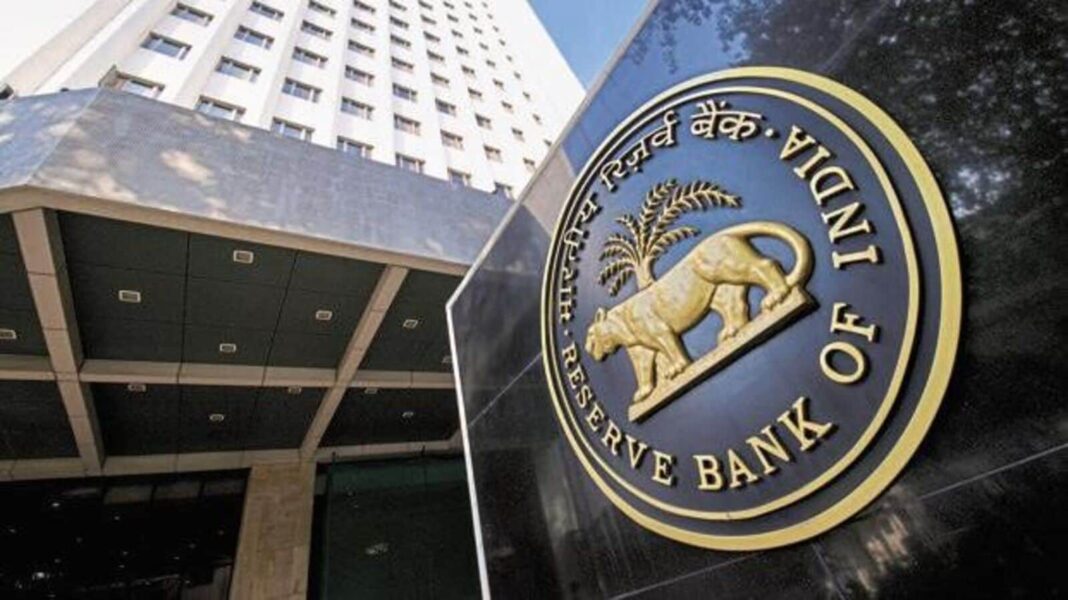In Short:
The RBI’s recent actions against P2P lending platforms include issuing show-cause notices for non-compliance and potential license cancellations. Some platforms, like Monexo and Finzy, face scrutiny for not meeting requirements. The RBI tightened regulations, leading to a 95% drop in business volume, and companies are reassessing operations. The industry fears additional fines may emerge if compliance doesn’t improve.
RBI Takes Strong Action Against P2P Lending Platforms
In an intriguing development, the **Reserve Bank of India (RBI)** has stepped up its scrutiny of the **P2P lending landscape**. According to a recent RTI response, the **RBI’s Enforcement Department** has issued show-cause notices to four lending platforms, while the **Banking Supervision Department** has sent notices to two others.
As confirmed by a reliable source, the enforcement actions are related to non-compliance issues, whereas the supervision department’s notices touch upon potential license cancellations. However, specifics regarding the violations are currently under wraps to protect the integrity of the investigation, as the RBI mentioned in response to an RTI filed by **ALT Investor’s** founder, **Yash Roongta**.
Ongoing Compliance Concerns
One platform, **Monexo**, has come under fire for failing to meet the necessary net worth requirements, while another platform, **Finzy**, is being questioned for not adhering to its fair practices code and neglecting the annual partner review.
There are whispers in the industry about potential fines, with an executive from an **NBFC-P2P** sharing insights on the matter. “Given the financial status of some platforms, a fine of ₹2 crore could be an overwhelming burden,” they said, choosing to remain anonymous.
The Crackdown Intensifies
This recent wave of notices follows a similar crackdown by the RBI in June, where the central bank imposed penalties of nearly ₹2 crore each on **LenDenClub** and **LiquiLoans** for violations linked to the **Non-Banking Financial Company-Peer-to-Peer Lending Platform (Reserve Bank) Directions, 2017**. Major compliance lapses included failure to disclose essential borrower details to lenders, including their credit assessments and risk profiles.
Furthermore, these platforms were found disbursing loans without the individual lenders’ consent and routing funds through what has been characterized as a ‘co-lending escrow account’. This alarming trend continued with repayments for merchant loans being redirected through a third-party nodal account, raising further concerns.
Revised Regulations Shake the Industry
In a bid to tighten the noose around compliance, the RBI on August 16 implemented stricter **P2P lending regulations**. These amendments were intended to eliminate ambiguities and prevent misinterpretation of existing guidelines. Platforms were strictly instructed not to offer any guaranteed returns or credit guarantees to mitigate potential losses for lenders in the event of borrower defaults.
To further streamline operations, the RBI mandated that funds must be transferred to borrowers or lenders within a **T+1 timeline**, barring fintech investors from channeling funds solely to borrowers within their own platforms, thus ensuring a more transparent lending ecosystem.
Impact on the P2P Lending Industry
Experts have pointed out that these sweeping changes have brought the industry to a grinding halt, with a staggering 95% drop in business volume reported. Many companies have paused their transactions while exploring alternative business models to stay afloat in this challenging atmosphere.
Roongta elaborated that the RBI’s newfound clarity has effectively eliminated any flexibility for creative interpretation of the P2P rules. “While many platforms are reassessing their operations, some larger players still struggle to comply fully with the new guidelines,” he noted, paying particular attention to issues like automatic lending and the necessity for transparent portfolio performance disclosures on websites.
If these platforms continue to overlook these regulations, Roongta cautions that they risk incurring additional fines, potentially leading to a significant erosion of investor trust in this asset class.
Calls for Re-evaluation
The **Association of P2P Lending Platforms** has urged the RBI to reconsider some of the new guidelines, especially those relating to T+1 settlement processes. However, optimism regarding any significant amendments appears to be dwindling.
**Mukesh Bubna**, CEO of **Monexo Fintech**, expressed concerns that the requirement for all lender funds not deployed within T+1 to be returned might disrupt the intended investment flow. “This contrasts sharply with the current option allowing lenders to reinvest and benefit from compounding,” he said, also highlighting the potential for rising operational costs that could threaten the sustainability of P2P platforms.





